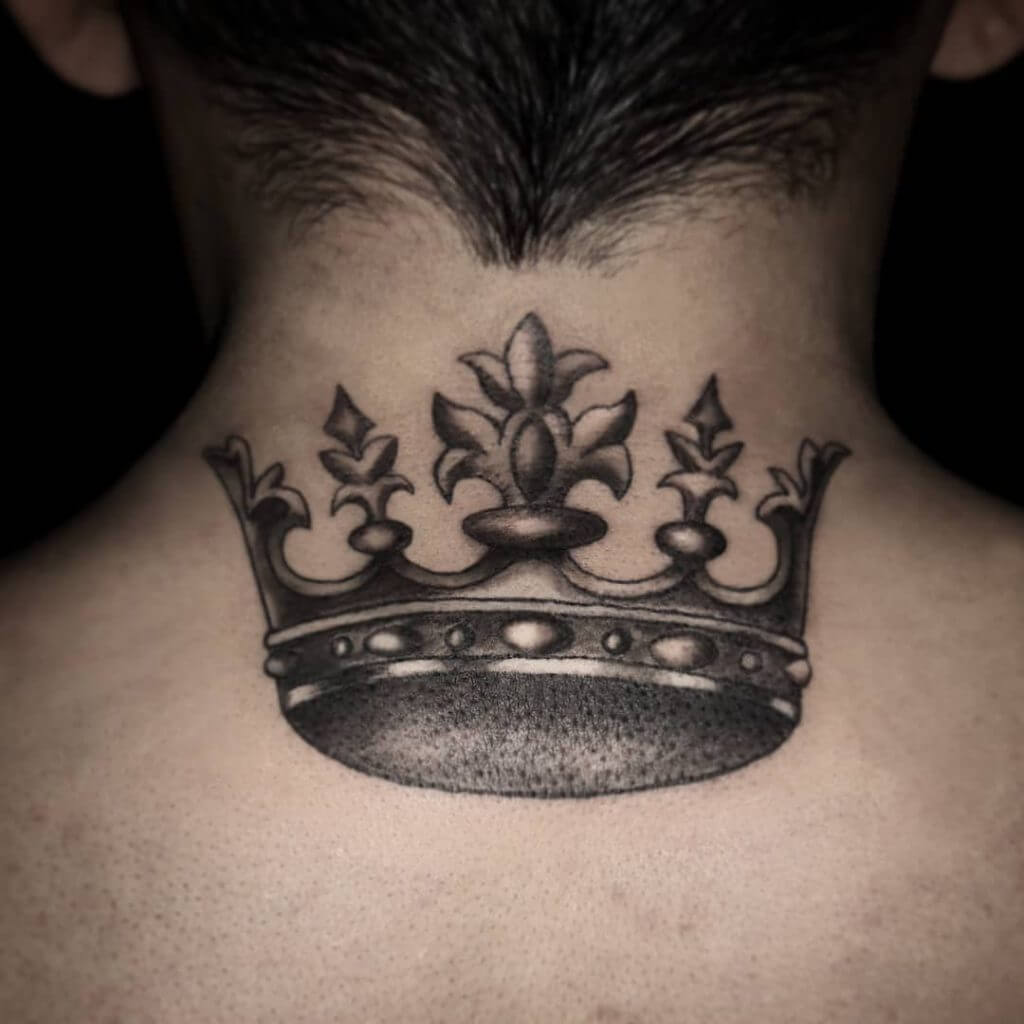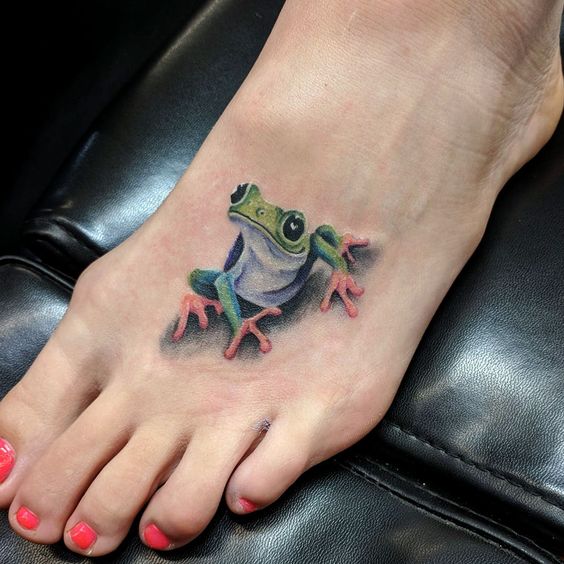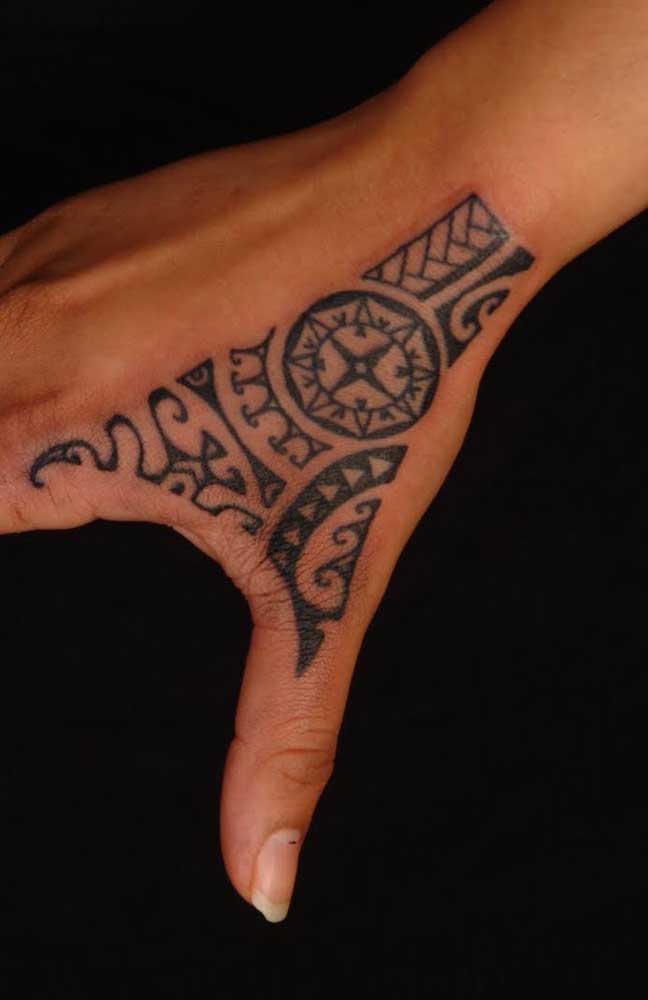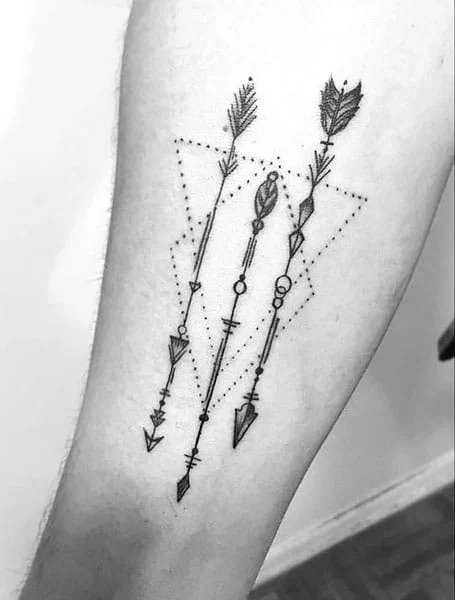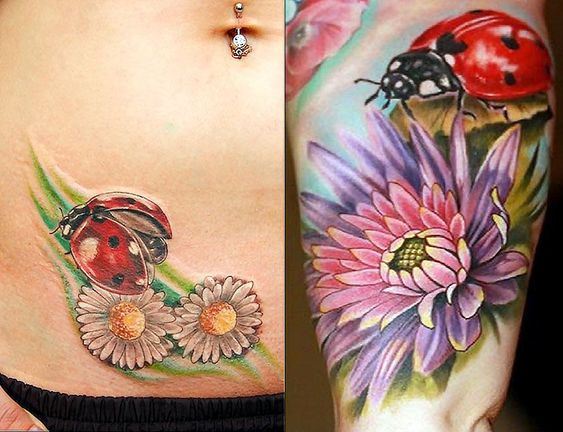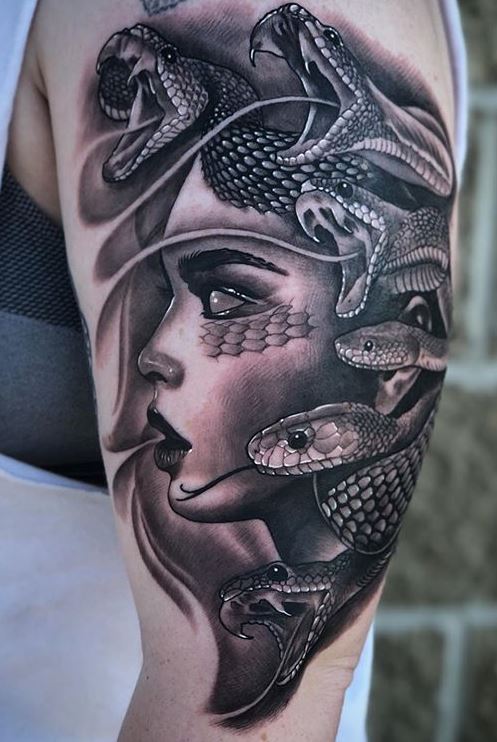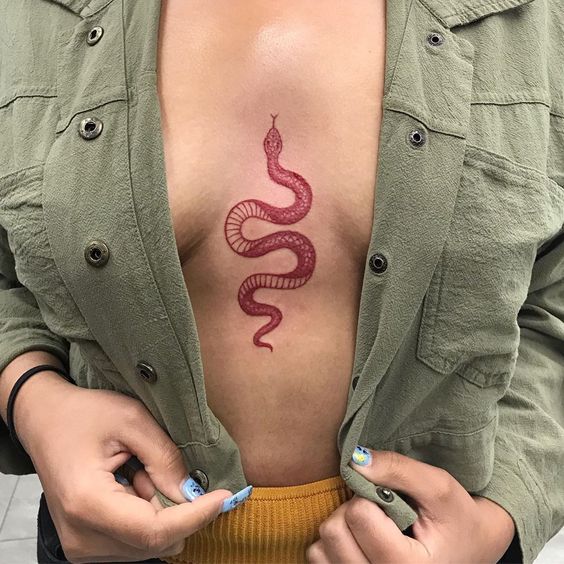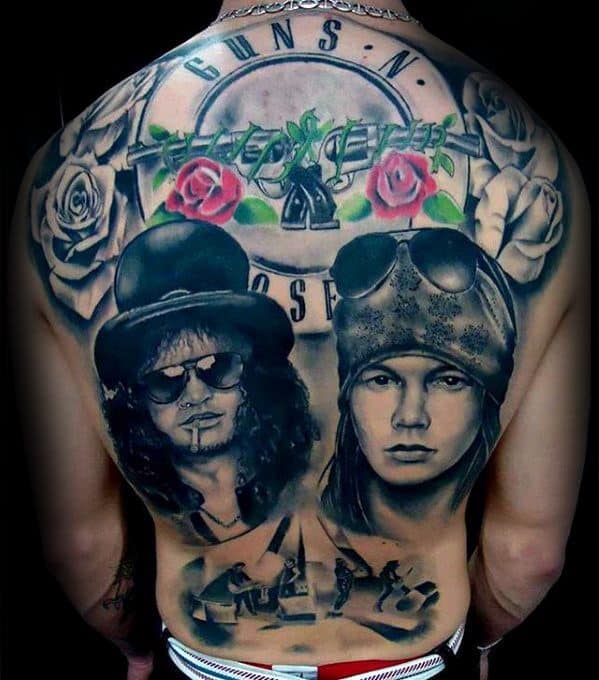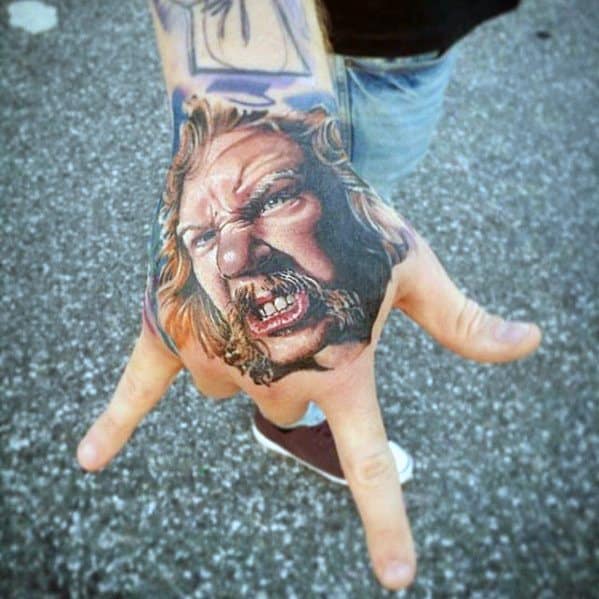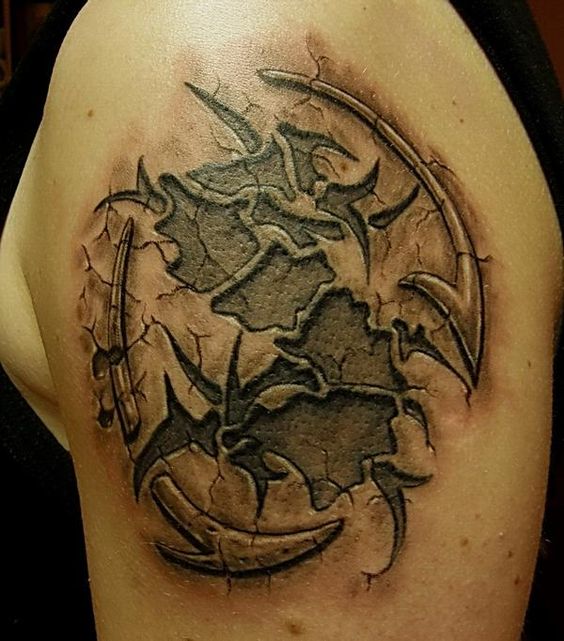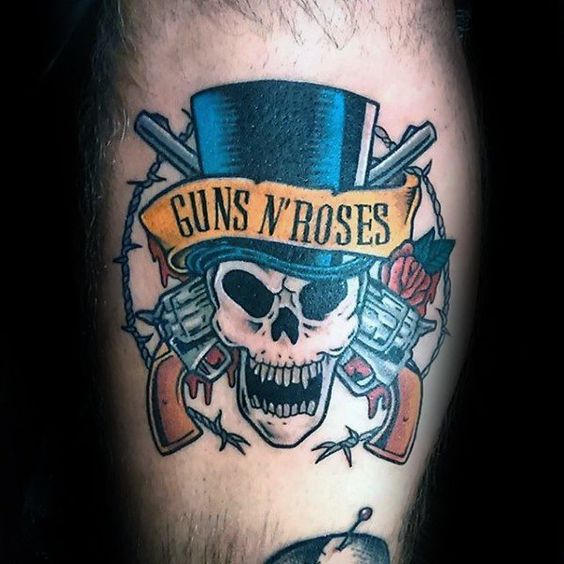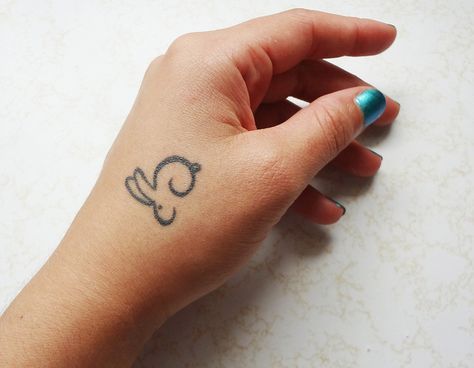When considering body art, actively think about “Tattoos to Avoid.” Some designs, while initially appealing, can lead to regret, societal backlash, or negative perceptions. In this guide, we explore various tattoos that, despite their initial appeal, might bring undesirable consequences. From culturally insensitive designs to symbols with negative connotations, it’s important to understand why avoiding certain tattoos is a wise decision.
The top tattoos to avoid are:
- Racist or discriminatory tattoos
- Gang-related tattoos
- Offensive tattoos
- Poorly done tattoos
Avoiding certain tattoos can prevent negative social and professional consequences. Since tattoos are permanent, considering their long-term implications is crucial when making decisions about body art.
Racist or discriminatory tattoos
Tattoos that promote prejudice and discrimination typically include hate symbols, hate speech, or racist caricatures. We strongly discourage these tattoos because of the harm and offense they can cause. They perpetuate harmful stereotypes and prejudices, and can contribute to the spread of hate speech. People targeted by such tattoos often experience significant emotional distress. Additionally, these tattoos may create barriers to social acceptance and limit employment opportunities.
Some examples of racist tattoos include:
- Swastikas: Recognized as a hate symbol related to the Nazi party and the Holocaust, the swastika is illegal in some countries and widely regarded as a representation of hate and racism.
- Confederate symbols: Depictions of the Confederate flag or other symbols are often viewed as promoting racism and hatred towards Black people.
- Racist caricatures: Offensive representations of Black people, Native Americans, or other racial or ethnic groups reinforce harmful stereotypes.
- Hate speech: Tattoos with racist or sexist slurs cause significant harm and offense.
Gang-related tattoos
Tattoos indicating gang affiliation can lead to discrimination and, in some cases, physical harm. These tattoos often include symbols, logos, numbers, or phrases specific to a gang.
- Specific symbols: Gangs may have specific symbols that are unique to their organization, such as a star, pitchfork, or hand gesture.
- Gang logos: Tattoos featuring the logo or emblem of a specific gang can be an identifier of gang affiliation.
- Numbers and letters: Gangs may use specific numbers or letters as part of their tattoos, such as the number “13” or the letter “M” for the Mexican Mafia.
- Phrases: Certain phrases or slogans may be associated with a specific gang, such as “Crips for life” or “Blood for life.”
Offensive tattoos
Offensive tattoos, which are vulgar, sexually explicit, or disrespectful, can lead to embarrassment or offense in various settings. These tattoos include disrespectful imagery or language towards others and are similar to racist tattoos. Examples are:
- Hate symbols: Tattoos that depict hate symbols, such as the swastika or Confederate flag, are often considered offensive.
- Racist or sexist slurs: Tattoos that contain racist or sexist slurs or epithets can cause significant harm and offence to others.
- Pornographic or sexually explicit images can be considered offensive and inappropriate in many social and professional settings.
- Vulgar language or insults tattoos that contain vulgar language or insults, such as curse words or personal attacks, can be considered offensive and inappropriate in many situations.
Poorly done tattoos
Very often not considered, but tattoos that are done by an unprofessional artist can lead to long-term health issues and an aesthetically unpleasing tattoo. Some common examples of poorly done tattoos include:
- Blurred or smudged lines.
- Incorrect colour.
- Uneven shading.
- Out of proportion.
- Poor placement.
Conclusion:
To conclude, knowing “Tattoos to Avoid” plays a crucial role for anyone planning to get inked. By avoiding designs that could lead to negative social and professional impacts, you ensure your body art remains a source of pride. A tattoo is more than self-expression; it’s a lifelong commitment. Choosing designs that reflect positively on you and respect others is essential for a satisfying and regret-free tattoo journey.

